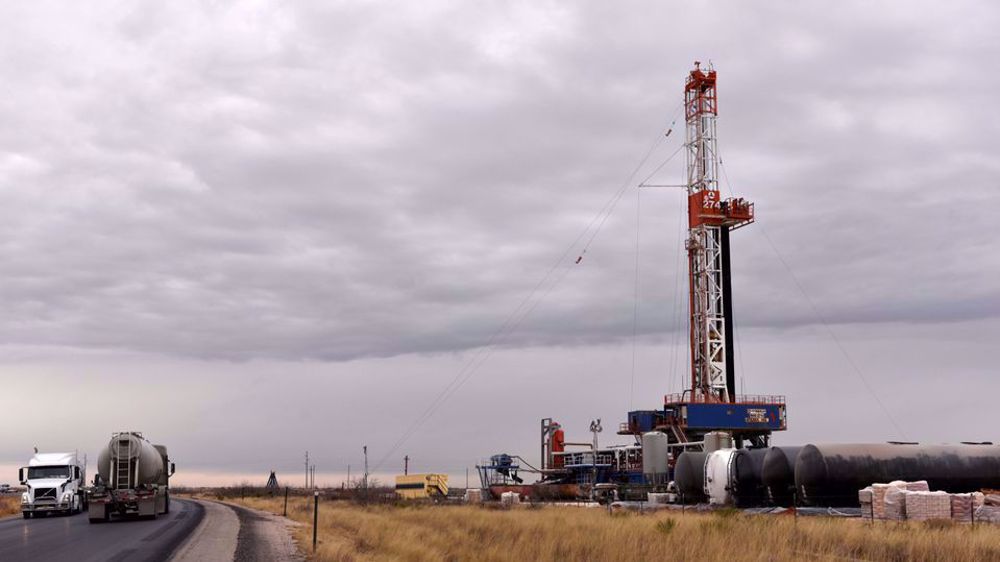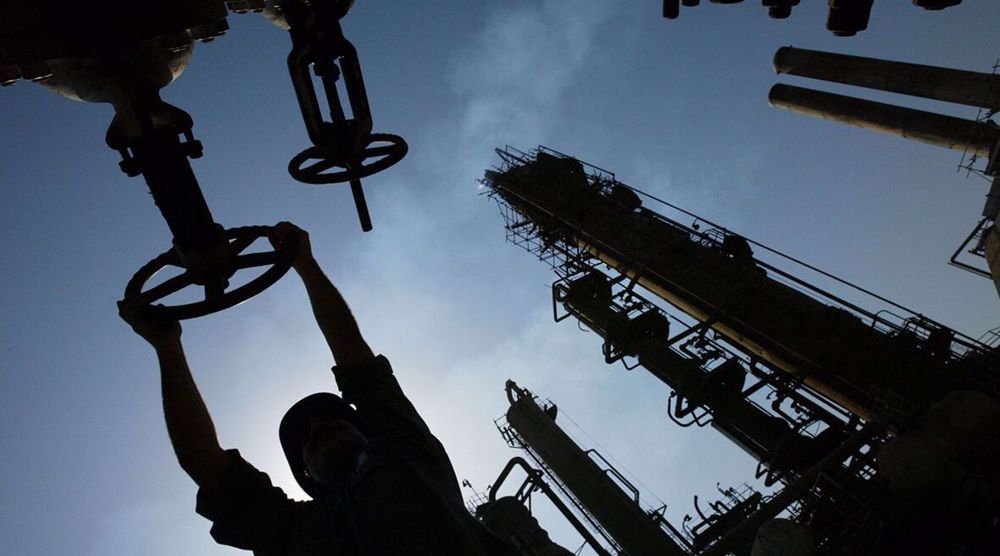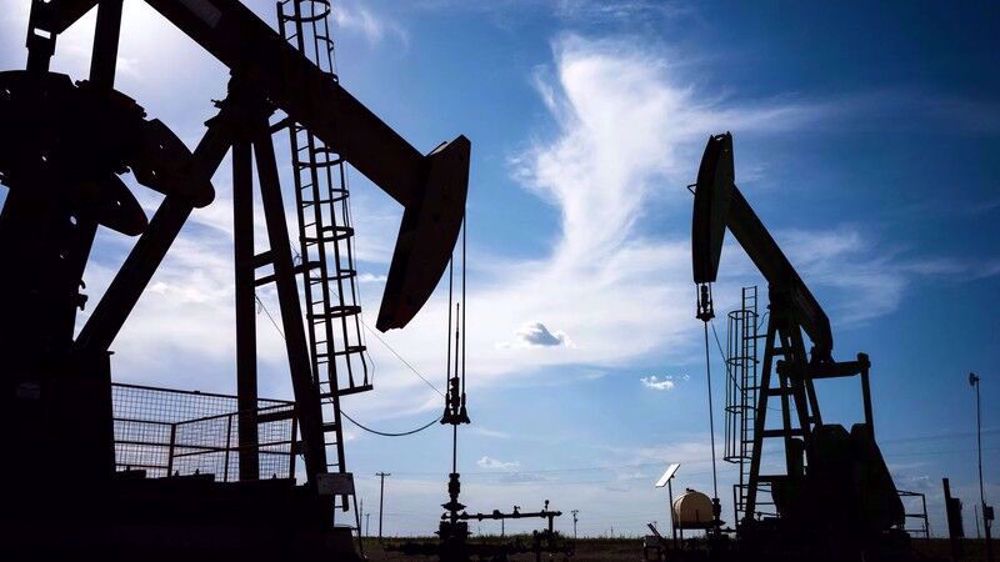BP to stop burning off gas in America’s top oil field: WSJ
British oil giant BP will stop the burning of unwanted natural gas in the busiest US oil field, The Wall Street Journal reported on Sunday.
The company intends to spend nearly $1.3 billion to construct a massive network of pipes and other infrastructure to collect and capture natural gas produced as a byproduct from oil wells in the Permian Basin of Texas and New Mexico.
The burning of gas in this way is common in the Permian because most producers there drill for more profitable oil and often incinerate the gas that comes as a byproduct, according to the paper.
They do so since there is not enough infrastructure to pipe and process all of the gas so that it can be sent to market. In addition, flaring is essential in emergency situations, when operators need to release gas to relieve pressure buildups.
The company is set to announce on Monday that it will eliminate routine flaring of natural gas in the oil field by 2025.

The company’s investment reflects the ever-growing pressure on the industry to reduce its carbon footprint and contributions to climate change.
At the end of March, the company said it had lowered its Scope 1 and 2 emissions, those associated mostly with production, by 16% in 2020.
BP has promised to reinvent itself as a cleaner energy company, noting it will allow its oil and gas fuel production to decrease by 40% by 2030 and ultimately sell more renewable energy than oil while reducing its net carbon emissions to zero.
However, in order to finance its transformation, the company is counting on continuing revenue from oil and gas production.
“We will be producing oil and gas for decades, but it will be a certain kind of oil and gas,” said Dave Lawler, the chairman of BP America Inc. “It’s a highly profitable barrel and it’s a responsibly produced barrel.”
“The low-carbon development of these assets will bring the cash flows that will fund the new projects that help us achieve our mission,” he added.
Trump 2.0 and its possible implications on Ukraine war, NATO and Europe
Israeli commander exposed troops to resistance fire to steal plasma screens
Iran lifts ban on WhatsApp, Google Play
VIDEO | Palestinian childhood under threat
Yemeni forces strike Israeli military site with hypersonic missile
Yemeni missiles alter US, Israel’s calculations: Iranian FM
Israel provides full support for theft of aid to starve Gazans: Report
'Israel booby-trapped walkie-talkies, pagers years before Lebanon blasts'










 This makes it easy to access the Press TV website
This makes it easy to access the Press TV website